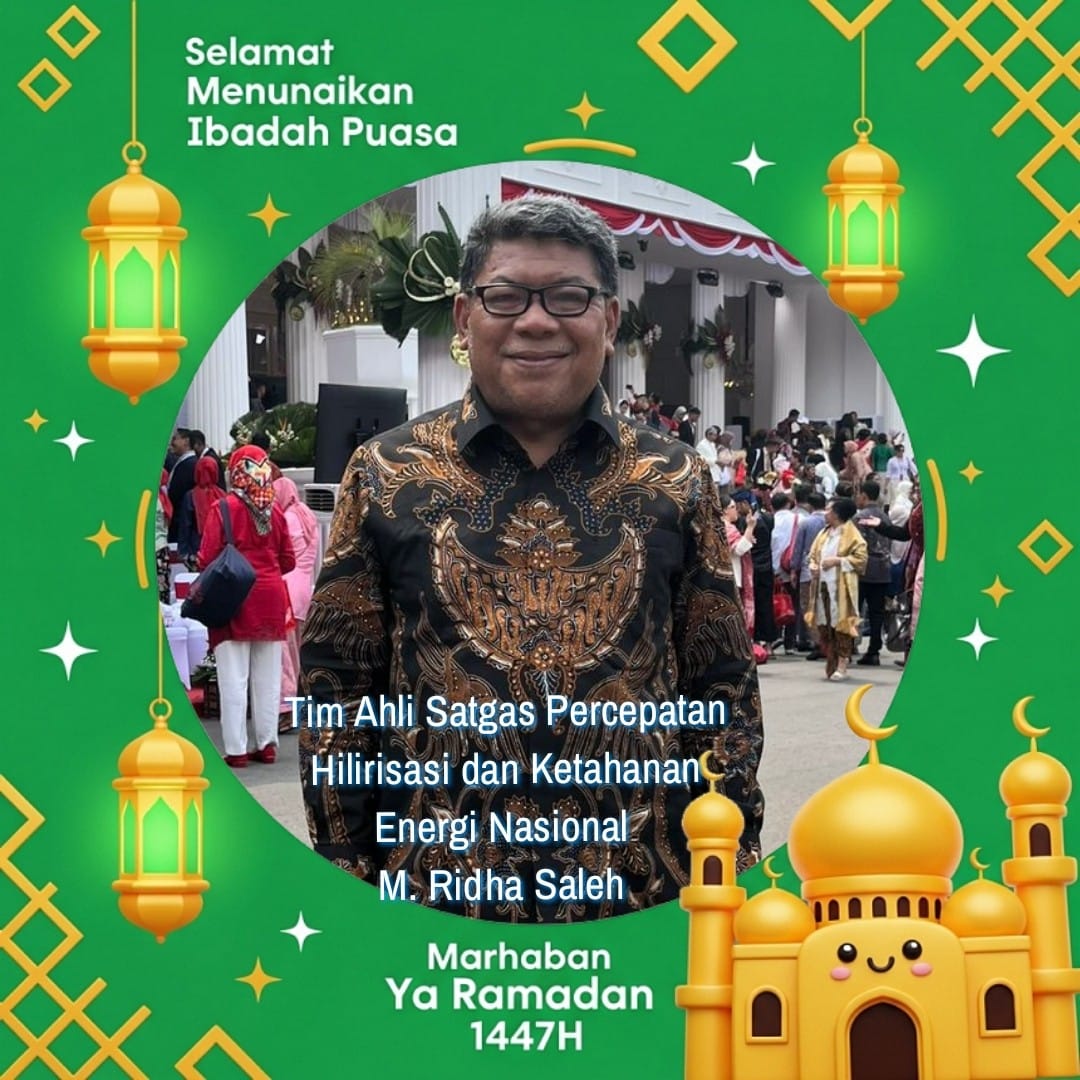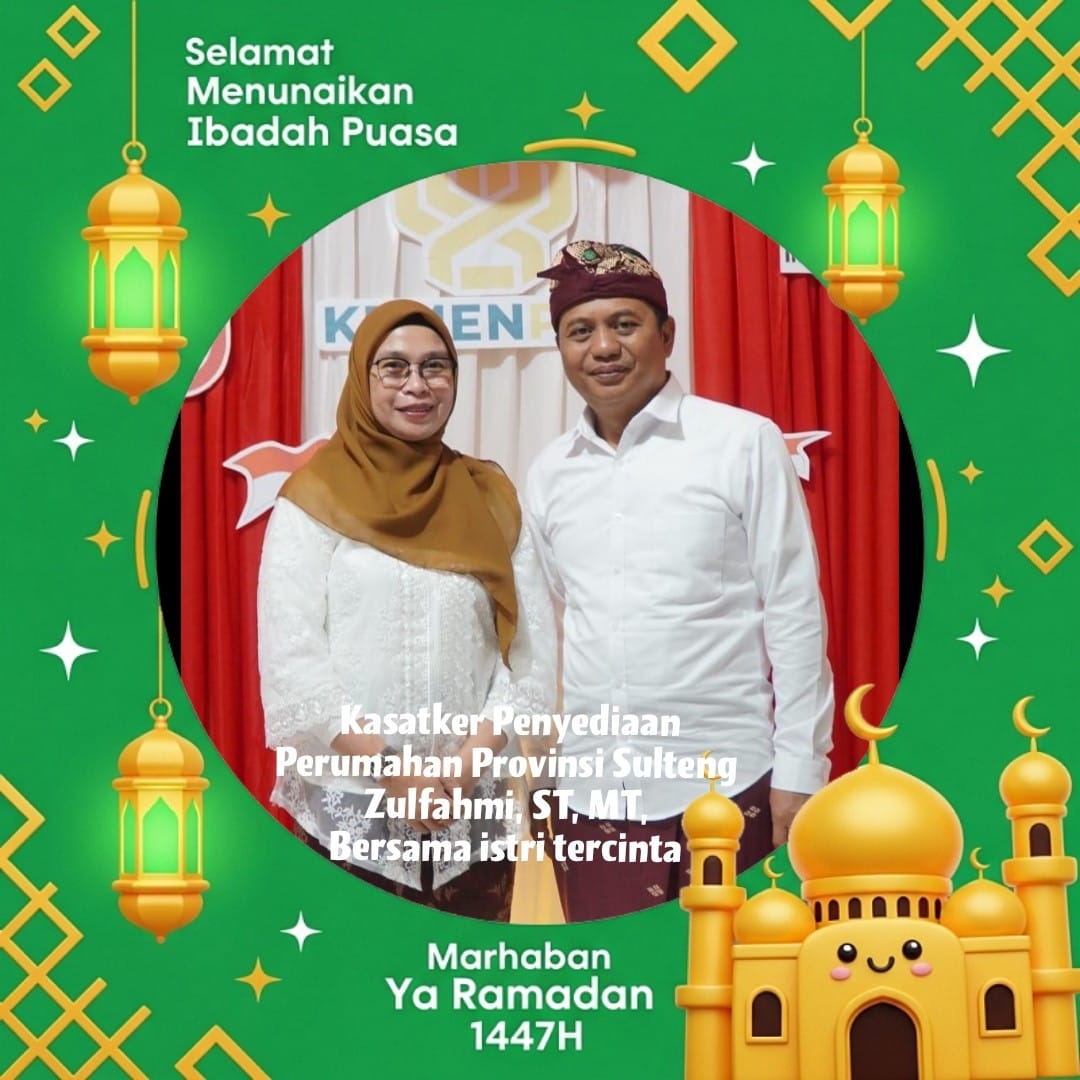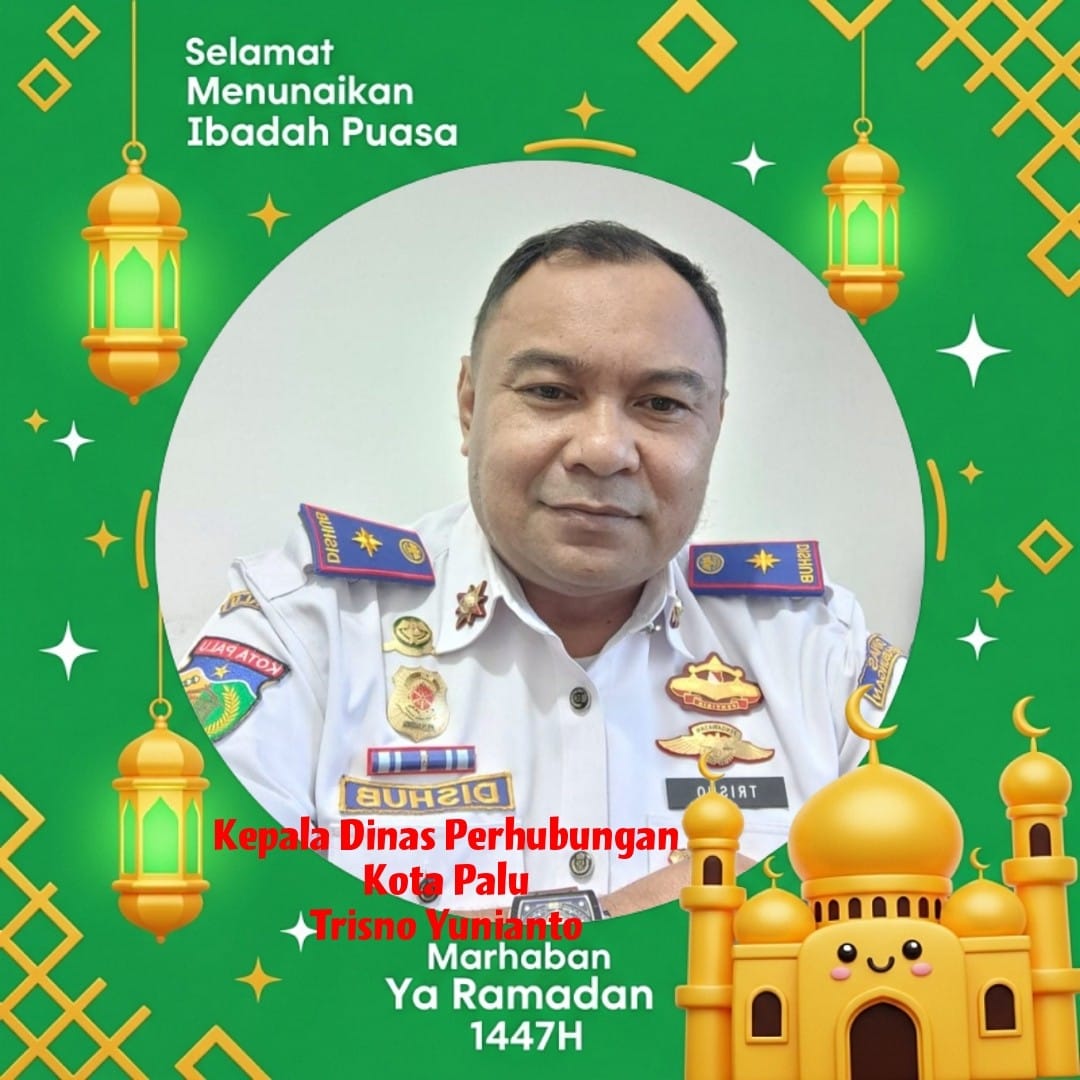Oleh : Dr. Sjakir Lobud, S.Ag, M.Pd
Abstract
This paper explores the intersection between Islamic ethics and public administration, emphasizing the moral foundations of governance within the framework of Islamic thought. It argues that the principles of amanah (trust), ‘adl (justice), and shura (consultation) serve as ethical cornerstones for building a value-based governance system. By revisiting classical Islamic concepts and integrating them with contemporary administrative theories such as New Public Service and Participatory Governance, this study highlights the potential of Islamic ethics to enrich public administration with spiritual accountability and human-centered leadership. The discussion also reflects on the relevance of these principles in the Indonesian context, where religion, bureaucracy, and civic responsibility often intersect in shaping the moral landscape of governance.
BACA JUGA: Integrating Dawah Into Governance : Islamic Educational Leadership And The Practice Of Public Policy
Keywords: Islamic ethics, public administration, governance, amanah, justice, shura.
Introduction
Public administration, as the machinery of governance, is not merely a technical instrument for policy implementation but a moral enterprise grounded in public trust. In the modern era, where bureaucratic rationality and efficiency often overshadow ethical considerations, the need to revive a value-based orientation has become increasingly urgent.
BACA JUGA: Telaah Adam as Sebagai Pemimpin Pertama Peradaban Manusia
Islamic ethics, deeply rooted in the Qur’an and the Prophetic traditions, offers a comprehensive moral framework that integrates spiritual consciousness with administrative responsibility. The Qur’an declares:
إِنَّ اللَّهَ يَأْمُرُكُمْ أَنْ تُؤَدُّوا الْأَمَانَاتِ إِلَىٰ أَهْلِهَا وَإِذَا حَكَمْتُمْ بَيْنَ النَّاسِ أَنْ تَحْكُمُوا بِالْعَدْلِ ۚ إِنَّ اللَّهَ نِعِمَّا يَعِظُكُمْ بِهِ ۗ إِنَّ اللَّهَ كَانَ سَمِيعًا بَصِيرًا
“Indeed, Allah commands you to render trusts to whom they are due, and when you judge between people, to judge with justice. Excellent is that which Allah instructs you. Indeed, Allah is ever Hearing and Seeing.” (Qur’an, Surah An-Nisa, 4:58)
This verse underscores that governance, in its truest sense, is an act of moral stewardship — an obligation to serve the public not merely through power, but through justice and integrity. Therefore, the integration of Islamic ethics into public administration is not a mere theological ideal; it represents a practical necessity for fostering accountability, transparency, and participatory governance.
Body Text
- The Ethical Foundations of Islamic Public Administration
Islamic governance is anchored on a triad of ethical principles — amanah (trust), ‘adl (justice), and shura (consultation).
- Amanah establishes the moral contract between leaders and the governed, signifying that authority is a trust to be exercised for public benefit.
- ‘Adl ensures fairness and equity in decision-making, aligning closely with the modern administrative ideals of impartiality and integrity.
- Shura, or participatory consultation, anticipates the democratic ethos of deliberation and shared responsibility.
Together, these principles construct a holistic vision of governance that transcends bureaucratic formalism and promotes moral accountability.
- Islamic Ethics and Contemporary Public Administration
Modern administrative theories such as New Public Service (Denhardt & Denhardt, 2003) advocate that public servants should serve citizens, not customers, and that governance should be participatory, responsive, and value-driven.
This perspective resonates profoundly with the Islamic conception of leadership as khidmah (service) rather than domination. The Prophet Muhammad (peace be upon him) exemplified this through his statement:
سَيِّدُ الْقَوْمِ خَادِمُهُمْ
“The leader of a people is their servant.” (Hadith, Musnad Ahmad)
Such alignment illustrates that Islamic ethics can bridge spiritual values and administrative pragmatism. It transforms governance from a bureaucratic mechanism into a form of moral stewardship — where policy, service delivery, and decision-making are guided by ethical consciousness and social justice.
In the context of Islamic public administration, this hadith underlines the moral and spiritual duty of public officials as khādim al-ummah (servants of the people).
Governance in Islam is rooted in service, justice, and accountability before Allah.
A true leader, therefore, is one who dedicates his authority to ensure the welfare (maslahah) and dignity of society.
This prophetic teaching resonates strongly with the modern concept of servant leadership, yet it transcends it by grounding the ethic of service in taqwa (God-consciousness) and amanah (moral trust).
Hence, in Islamic governance, to lead is to serve — and to serve is an act of worship.
- Towards a Value-Based Governance
A value-based governance model, inspired by Islamic ethics, emphasizes that moral legitimacy is as vital as legal legitimacy. In this model, public institutions must cultivate virtues such as sincerity (ikhlas), honesty (sidq), and responsibility (mas’uliyyah) among civil servants.
This approach complements modern frameworks of good governance — particularly accountability, transparency, and participation — by grounding them in the moral dimension of taqwa (God-consciousness).
In the Indonesian context, this moral-ethical paradigm finds practical resonance. As the largest Muslim-majority democracy, Indonesia’s administrative culture is shaped not only by legal norms but also by religious and cultural values. Incorporating Islamic ethics into bureaucratic practices can thus foster a more holistic governance system — one that is technically efficient, socially responsive, and spiritually grounded.
Conclusion
The integration of Islamic ethics into public administration presents a transformative vision for governance — one that harmonizes moral responsibility with administrative effectiveness. By revisiting classical principles such as amanah, ‘adl, and shura, modern bureaucracies can rediscover the spiritual essence of public service.
This ethical framework offers more than a set of moral codes; it provides an epistemology of governance rooted in the unity of faith and action. A value-based public administration inspired by Islam encourages leaders to serve not out of power but out of trust, to govern not by control but by consultation, and to manage not merely by efficiency but by conscience.
In doing so, it redefines public service as both an institutional duty and an act of worship — a sacred trust between humans and their Creator, manifest through justice, sincerity, and compassion in the management of public affairs.
References
- Al-Qur’an al-Karim.
- Al-Nawawi, Imam. Riyadhus Shalihin. Beirut: Dar al-Kutub al-‘Ilmiyyah, 2000.
- Denhardt, Janet V., & Denhardt, Robert B. The New Public Service: Serving, Not Steering. New York: M.E. Sharpe, 2003.
- Frederickson, H. George. The Spirit of Public Administration. San Francisco: Jossey-Bass, 1997.
- Qardhawi, Yusuf. Fiqh al-Da‘wah. Cairo: Dar al-Syuruq, 1996.
- Nasaruddin Umar. Islam Nusantara: Islam Rahmatan lil ‘Alamin dalam Konteks Keindonesiaan. Jakarta: Republika, 2016.
- Osborne, Stephen P. (Ed.). The New Public Governance? London: Routledge, 2010.
- Al-Attas, Syed Muhammad Naquib. Islam and Secularism. Kuala Lumpur: ISTAC, 1993.
- Denhardt, Kathryn G. The Ethics of Public Service. New York: Greenwood Press, 1988.
- Rahim, Husni. Islamic Leadership and Bureaucratic Ethics in Indonesia. Jakarta: UIN Press, 2020.















